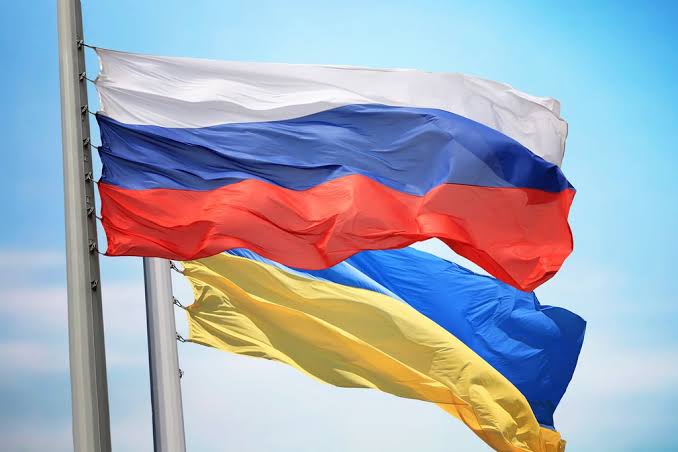Ukraine is pushing allied countries to seize and sell Russian assets including oil tankers so that the proceeds can be used to pay for the rebuilding of destroyed cities and infrastructure.
Negotiations are underway with various countries for the seizure and sale of the assets, said Oleg Ustenko, Chief Economic Adviser to Ukrainian President Volodymyr Zelenskiy. He declined to identify which countries he and his team have engaged in, adding that several allied governments are preparing a “mass attack on all major assets.”
Ukraine has suffered more than $1 trillion in physical damage since the invasion by Russian forces began in February, Ustenko said in a telephone interview. International sanctions directed at Moscow have frozen about $300 billion in Russian Central Bank assets, he said, noting that Russian state officials and senior businessmen have upwards of $1.5 trillion held overseas.
“We do believe we can arrest their assets abroad,” Ustenko said. This includes Russia’s fleet of oil tankers, which he estimated has a value of around $5 billion. “We know it is possible to find these assets hidden all over the world.”
Russia’s state-controlled Sovcomflot PJSC is the world’s largest owner of Aframax oil tankers, according to data from Clarksons Research Services Ltd. The mid-sized vessels typically operate in the Mediterranean, North Sea, the Black Sea and the Baltic region.
Most countries haven’t banned shipments of Russian crude, but many companies have been wary about buying the country’s oil. European Union diplomats last week signed off on a sanctions package that, among other things, prevents most Russian ships from entering the bloc.
While the U.S., U.K., EU and others have ramped up sanctions against Russia, any effort to then sell seized assets and hand the money to Ukraine will likely run into lengthy legal challenges. It could also risk retaliatory seizures of multinational-owned businesses in Russia.
Ukraine’s economy is expected to shrink by 45% this year due to the war, while Russia’s is set to contract by 11%, according to the World Bank. It added that the estimates are subject to considerable uncertainty
•By Bloomberg |Benjamin Robertson


